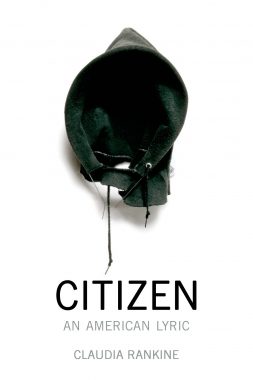The poet subtitles “Sorting Scraps on Saturdays” with the italicized “in memory of my Grandmother Emma,” but I didn’t read that at first. I dove immediately into the poem, two stanzas of equal line lengths stacked atop each other, the first featuring a few more lines than the last, its shape almost furniture-like, echoing the first lines: “More than thirty years had chafed the fabric/of her cob-stuffed couch to sharp translucence.” I was drawn into the Gerard-Manley-Hopkins-like scansion of emphasis and sound – “Galled by both task and seat, I winced, mystic/on a bed of nails, denied transcendence.” Intrigued by this synthesis of modern form and classic line construction, I read on.
We talked a lot in graduate school about Grandmother Poems. The special, exclusive quality our individual relationships with elders carries with it a sense of sublime evocation. Who can’t recall the smell of cookies or (if your grandmother was more on-the-go, and wasn’t really the cookie type, like mine) the smell of the stairwell that led to the Erie-Torresdale El stop? Who can avoid remembering Lawrence Welk booming through the living room on Saturday nights, the way sequins would sound if they were distilled into musical form – or the immediacy of the stories of other times and places (as the narrator in Wells’ poem notes, “Her Strasbourg was so far/away, so close at hand”). In this particular work, we are invited to discover, or to revisit, depending upon our respective heritage, elements of Judaica interwoven into the narrative, with words unfamiliar or instinctive – “tallit of smells” and “shofar.”
Such specificity of detail may serve to isolate or embrace the reader, and in working in the “Grandmother Poem” space, to do this very well is to connect it to a quality of universality. Wells achieves this, not just with contrasting ideological phrasing – “New World” and “Black Sabbath” – but with such a precise focus upon the character of Emma. Her sensory world – “German, Yiddish, French – concocting a stew” – is peppered with the narrator’s impressions of all these unique elements slipping away. In evoking the places that he and she had never traveled geographically together, but experienced together among the “scraps for our quilt of kinship and parting,” Wells reaches the tender heart of the elder/descendent space – that of its indelibility and paradoxical transience.
[author] [author_image timthumb=’on’]http://minotaursspotlight.com/wp-content/uploads/2013/08/rose_koch_133.jpg[/author_image] [author_info]Rosemarie Koch earned her MFA in Poetry from Arcadia University in 2013 – the culmination of a lifelong dream. For her, poetry is an art form that crosses all forms, and is also a great source of joy – both reading it and writing it. She has recited Hopkins’ “Windhover” at many poetic and non-poetic gatherings, regards William Blake and Emily Dickinson as close personal friends, and finds poetry in everything she hears and sees. Her work with Minotaur’s Spotlight is an extension of her love of verse. [/author_info] [/author]




